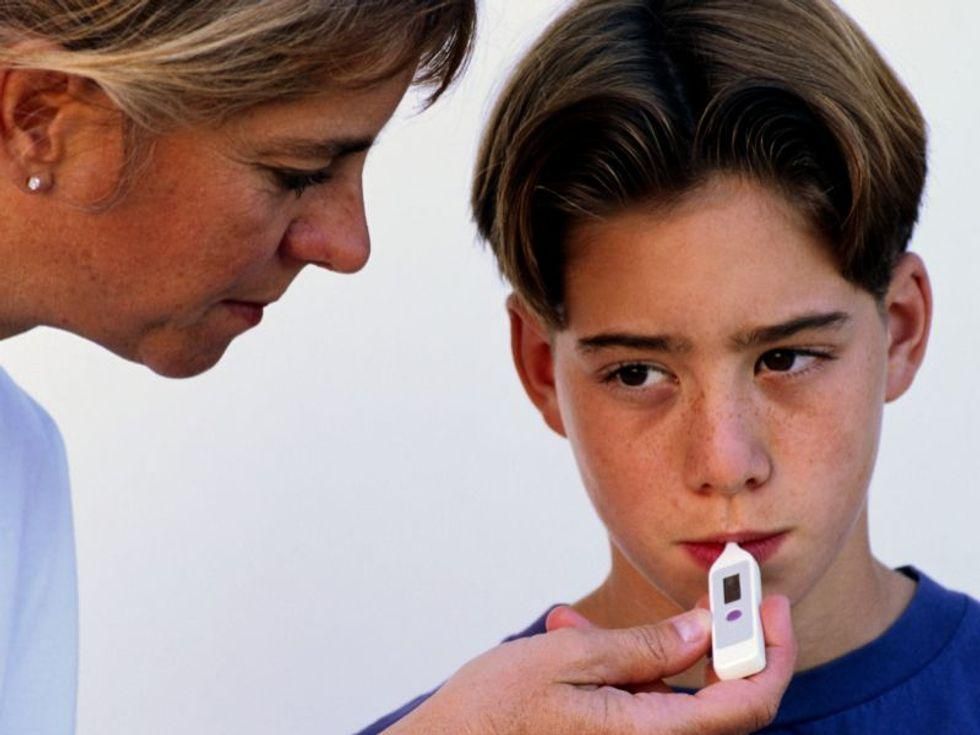
Just 1 in 4 children with autism is diagnosed before age 3, but a new eye-tracking technology may allow for earlier diagnosis and intervention, according to three clinical studies of more than 1,500 kids. Autism is a disorder marked by difficulties with communication and social interaction. In the United States, it affects about 1 child… read on > read on >


















